Portland is a racist city and white liberals need to acknowledge its history.
Despite public perception of the city as über-liberal and accepting, these conceptions do little to protect people of color against continued violence. In fact, it may be making the situation worse. The faster white liberals admit that Portland has a racist history that carries strongly into the present, the faster we can begin to amend racial tension in our city.
Oregon history is embedded in racist ideologies. By the time it became a state in 1859, Black citizens had been banned from living in Oregon territory for 15 years. This law was not repealed until 1926.
Though slavery was illegal in the original state constitution, people of color were still treated as lesser than in the eyes of Oregon state law. Oregon was ratified as an all-white state, a state “intentionally settled by whites for whites,” according to professor Karen Gibson of Portland State in a statement to The Washington Post.
All of this is on top of the genocide of Native tribes to settle the land in the first place. An individual with the initials R.S.W wrote in 1851 that he and a party had been “searching about in the mountains, destroying villages, killing all the males we could find and capturing women and children.”
This is the foundation of the history of white people in Oregon.
It follows, then, that Oregon became a state favored by white supremacist groups. In the 1920s, the Oregon Ku Klux Klan chapter was the largest in western United States. The governor at the time, Walter M. Pierce, was a member, speaking to the popularity of such beliefs at the time.
The following year, in 1948, brought the Vanport flood, a natural disaster that displaced a largely Black population. Vanport, once the second-largest city in Oregon, was washed away in a day. The Oregon Encyclopedia estimates more than 10,000 Black families were forced to relocate to a segregated Portland, settling in the north. Also in the 1940s, the Oregon Plan was implemented, creating the first farming labor camp during the era of WWII Japanese internment. This relocated a significant Japanese population to eastern Oregon in order to do what was essentially slave labor.
Present-day Portland makes more sense with this historical context. It is the whitest major city in America, with a 76.1 percent white population. The Black population in particular has faced significant struggles against gentrification. Albina, the northern neighborhood where many Vanport families moved to, was eventually so dilapidated and uninvested in, that residents left for other cities or neighborhoods. Now, Albina is in a state of total gentrification. As it turns out, Portland only invests in its neighborhoods when white people live there.
Tensions are not improving. In 2017, racist verbal abuse toward two teenage girls from a Portland man on the MAX Green Line escalated into a stabbing. The attack resulted in the deaths of two defenders of the girls. This act of violent racism toward two innocent children, one Muslim and the other Black, should have been a massive wake up call.
And yet, Patriot Prayer and Proud Boys continue to have permitted marches in the streets, despite Proud Boys being categorized as a hate group. Racism is glaringly obvious in Portland and no official actions are being enacted to stop it. Free speech is important, but at what cost? The right to free speech shouldn’t be abused and manipulated to excuse racist behavior.
To make things better, education must be improved. As of 2017, state Senate Bill 13 has passed into law that education on Native history in public schools be pushed further and elaborated upon in our state. This is a great start toward the integration of ideas outside of the whitewashed version of a consistently “progressive” Oregon, as well as more multicultural education. More must be done to include other communities and histories, but the passing of this bill is an indicator of what is possible.
White liberals must pay attention. It’s tempting to classify your city as a progressive place of acceptance, but this simply isn’t true. PSU is insular and doesn’t always represent the city at large. Do your part by not being afraid to bring up racism in conversations about how to improve the city. Listen to communities of color about what they think can and should be done to improve Portland and attend speaking events, panels or protests focusing on Portland diversity. To be a progressive white person, you must educate yourself about racial politics and refuse to be blind to the problems of others. To be otherwise isn’t really progressive at all.
We must acknowledge Portland’s problem with race and understand that it is embedded in our foundation. Only once we do this can we begin to move forward.

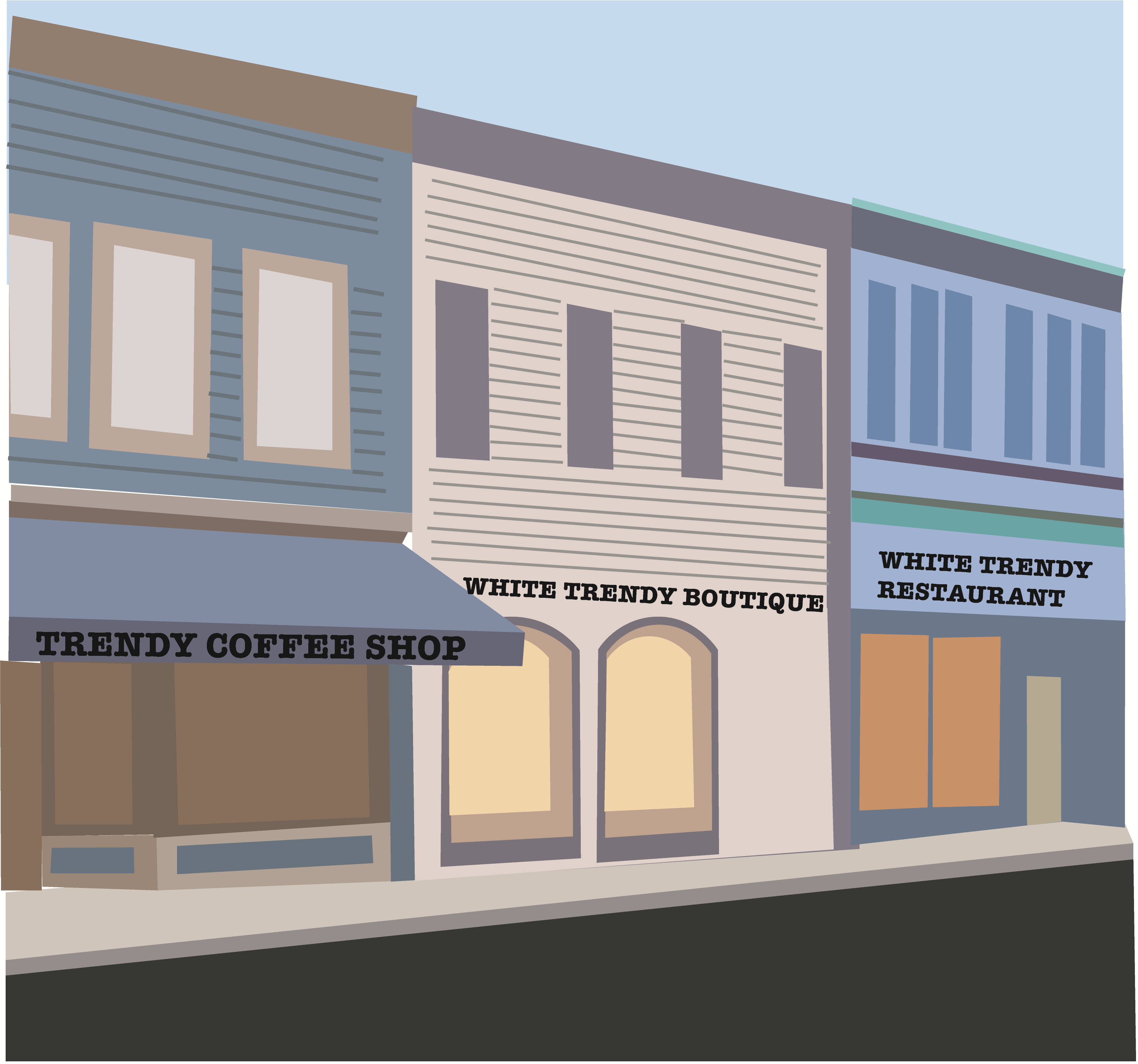
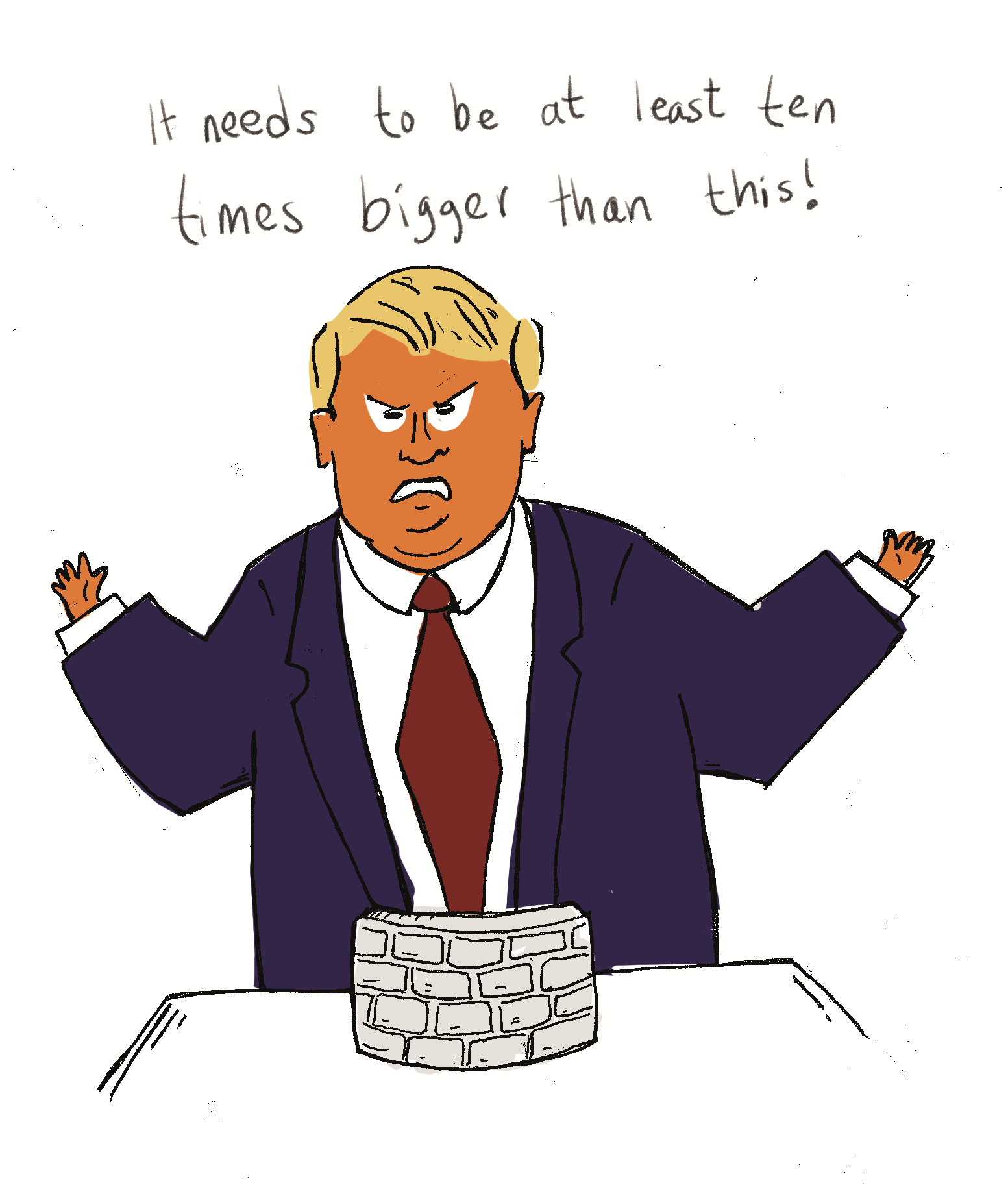

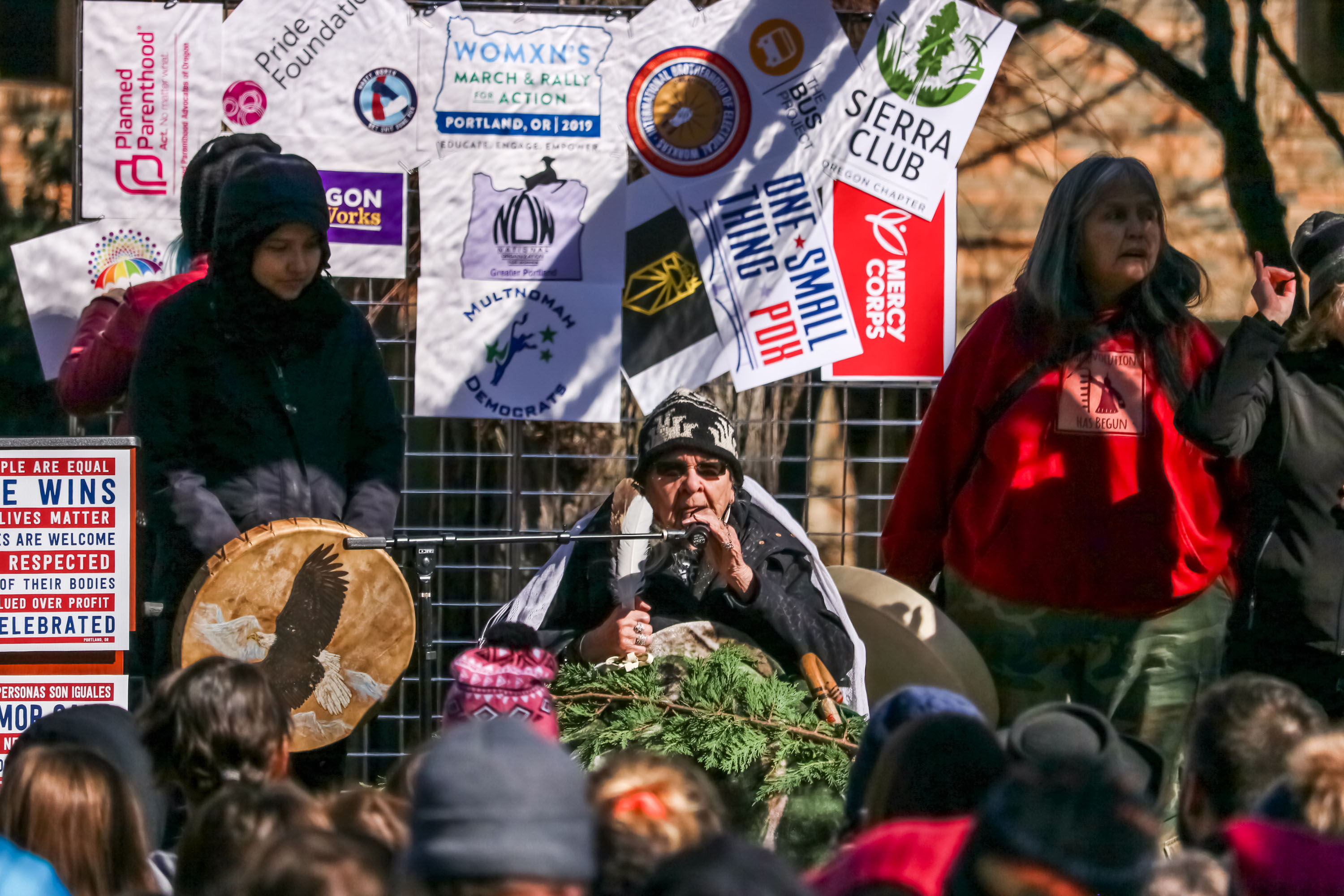
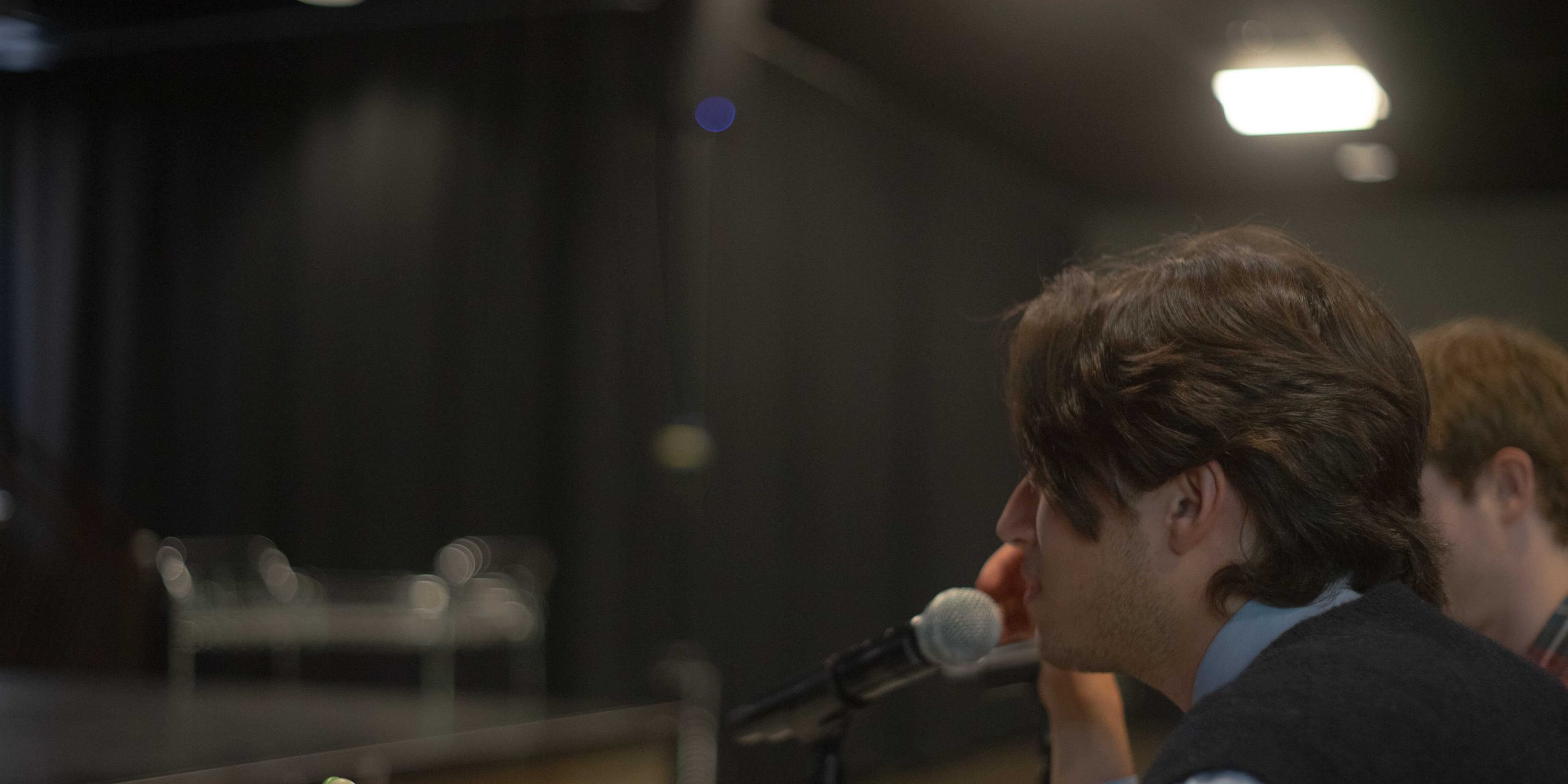
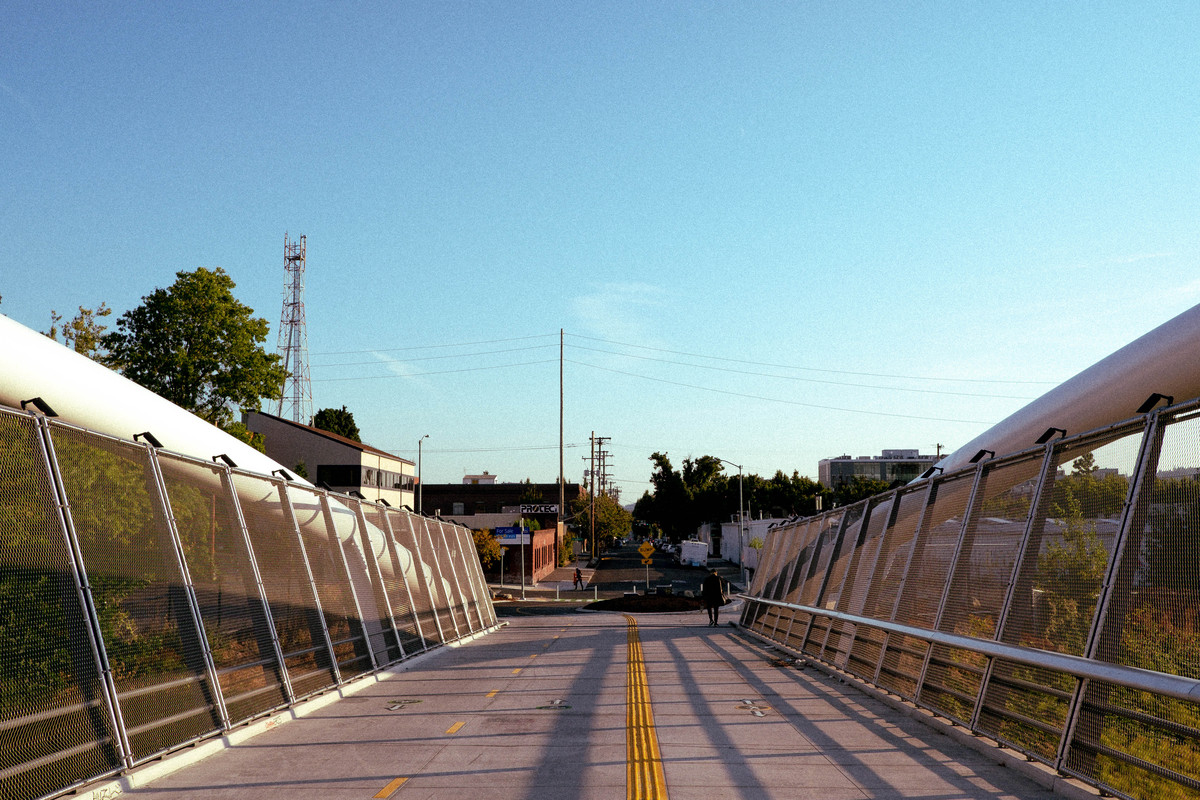
Please know that the up-to-date figures of the racial composition in Portland is 69.6% white, meaning that 30.4% are people of color. This is 2017 data from the Census Bureau. Portland is not the whitest city in the USA… that reference is very old. A recent study put Portland at 32nd in the USA.
According to 2019 estimates from the United States Census Bureau, Oregon’s population was nearly 87% white. (The figure for the Census category of “White alone, not Hispanic or Latino” was 75%.) The state’s Black population was just over 2%. For a huge metropolitan area, this is VERY white. According to this article, Portland is the 4th whitest urban area in the US. (https://www.usnews.com/news/cities/slideshows/the-10-least-racially-diverse-big-cities-in-the-us?slide=8). Lexington, KY, Detroit, MI and ElPaso, TX are the only whiter urban areas than Portland in the US.
I feel like this is not anything we haven’t heard before. I’d be much more interested in hearing ideas on innovative solutions rather than recycling the same historical analysis over and over again. There are some equity initiatives happening, and I think people do want to make a difference, but every analysis seems to regurgitate the same historical facts with a message about liberals needing to be more aware.
I’ve definitely noticed how Portland handles people who are not white. I am working on a documentary about white privilege.
I would love to interview anyone on the subject of white privilege.
You can see my first clip of the doc at
http://www.joeymorsphotography.com/video
Let’s start even with a campaign against Lincoln City’s landmark restaurant “Lil Sambos.”
Several of us have tried to politely let the manager and owner know how inappropriate the restaurant name is, but with no result. Of course we know to eat elsewhere and have been told to do so. It’s still unacceptable and should no longer be tolerated.
A Yelp reviewer posted only nine months ago an actual photo showing the gift shop actually sells a copy of the book of The Story of Little Black Sambo.
I grew up in the south and am horrified anyone finds it a cute or sentimental story and representation of people of color!
The manager insists the owner likes keeping the tradition.
Oregon has made national news over this. The last one of the two in Santa Barbara has agreed to change its name.
Where is the “I Take Responsibility” motivation and outrage?
I contacted the Lincoln City newspaper and multiple Metro PDX news channels. Not a single person responded.